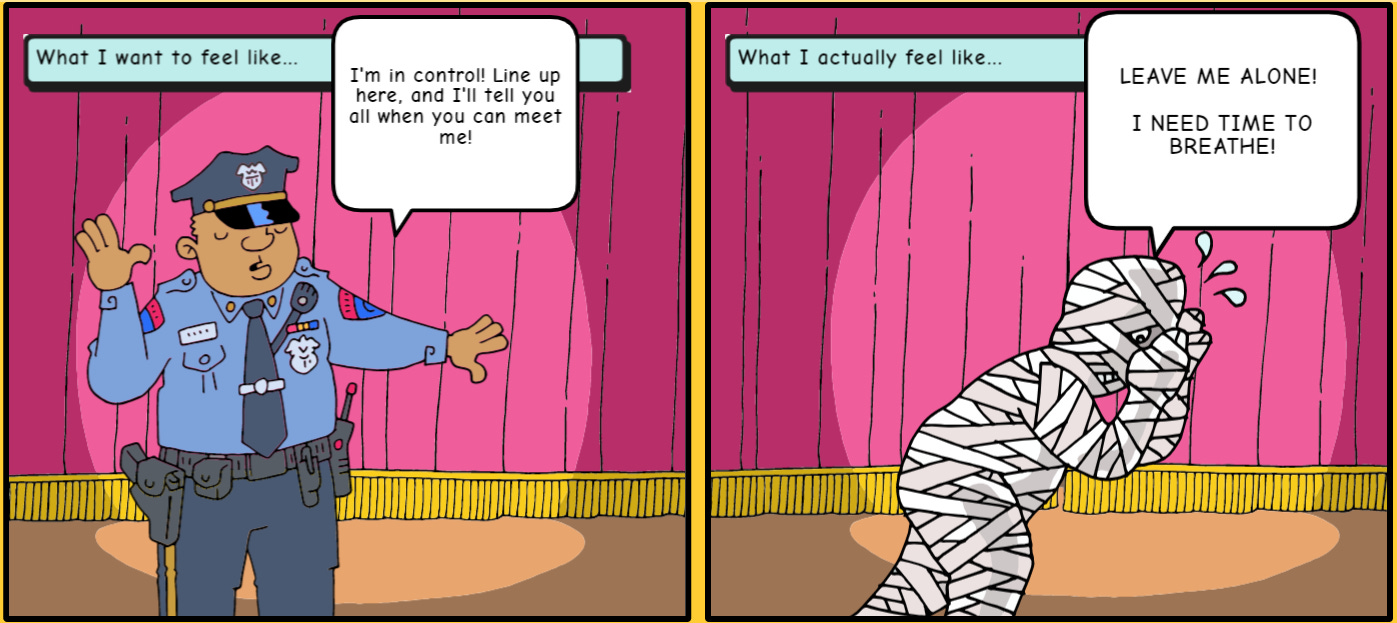Managing time is the toughest part of a product managers job. Time, and the related attention, are precious resources.
There are many demands on your time if you are a good product manager, and not many if you're not! Engineers, designers, data scientists, partners, your boss, your bosses boss, the VP of the division, people on your team if you lead a team — everyone wants a piece of you. The way they will extract this piece of you is by setting up meetings. Meetings that are hard to decline, or if you decline just show up at a later time on your calendar, thirty minutes longer & 10 more people in the meeting! People will clamor for direction, clarity, detail, resolution, alignment, a video , a demo, a plan for the morale event, and so on. This demand on your time is a real and physical sensation, of being pulled in different directions & and of hearing (in your head) the voices of people baying for time.
Opposing this is your own knowledge of where you should spend your time. You want to spend time to learn what customers want, to use your product, to read documents and provide thoughtful feedback, to meet people on your terms and with your agenda, and so on. There is never time for what you want! It is always busy, busy, busy. All this busy-ness, and the conflict between what people want from you and what you want for your product & customer can be a source of great stress.

There are many pithy and hackneyed solutions to this problem, and none that I know that work a 100% of the time. I can share what kind of works for me most of the time, a combination of a tool and a technique. The tool is the calendar. Use your calendar. Block time for what you want to do on your calendar at the beginning of the week. Cancel double booked meetings. Decline meetings that you don't need to be in. Live by your calendar. This removes the need to think, "What should I do now?", because it is there in your calendar.
The technique ties to the last sentence. Don't think - do! If your calendar says email, do email. If your calendar says "Prep for meeting with VP", prep for it. If your calendar says "Practice the demo", then practice your demo! This can be hard, since you may be tempted to complete that email you were working on rather than starting your demo prep. That then eats into your demo prep time which causes more stress, since something else has to move out now!
Being religious about your calendar and vigilant about your time is the only way to get any semblance of control over your life. In the long run, this makes you efficient and allows you to develop a deep understanding of how long you will take to get something done. It will also allow you to become focused on the work at hand, rather than be lost in thinking about upcoming meetings or reviewing what you could have done different in the previous one.
Most of all, if you manage your time you will also find the path to managing attention and directing it towards the problems you want to solve.
The last thing to say on this topic is: keep an "all bets are off" trigger, and use that rarely. Your service is having an outage? All bets are off. Your customer is calling you to yell about a bug? All bets are off. Your employee is having a nervous breakdown? All bets are off. And so, we get back to the beginning... when people have demands on your time, and you have no control over it! However, if you minimize the "all bets are off", and respond to it by cancelling and rescheduling what you had on your calendar, you can remain in integrity and regain some peace of mind. Most of all, make sure the "all bets are off" is a conscious decision that you are making - and not something that is being imposed on you.
Links to look at!
Both links to look at are related to the topic of time & schedule. The first is the classic by Paul Graham, "Maker's schedule, manager's schedule" and the other is a related piece on FS blog. Both are worth checking out!
